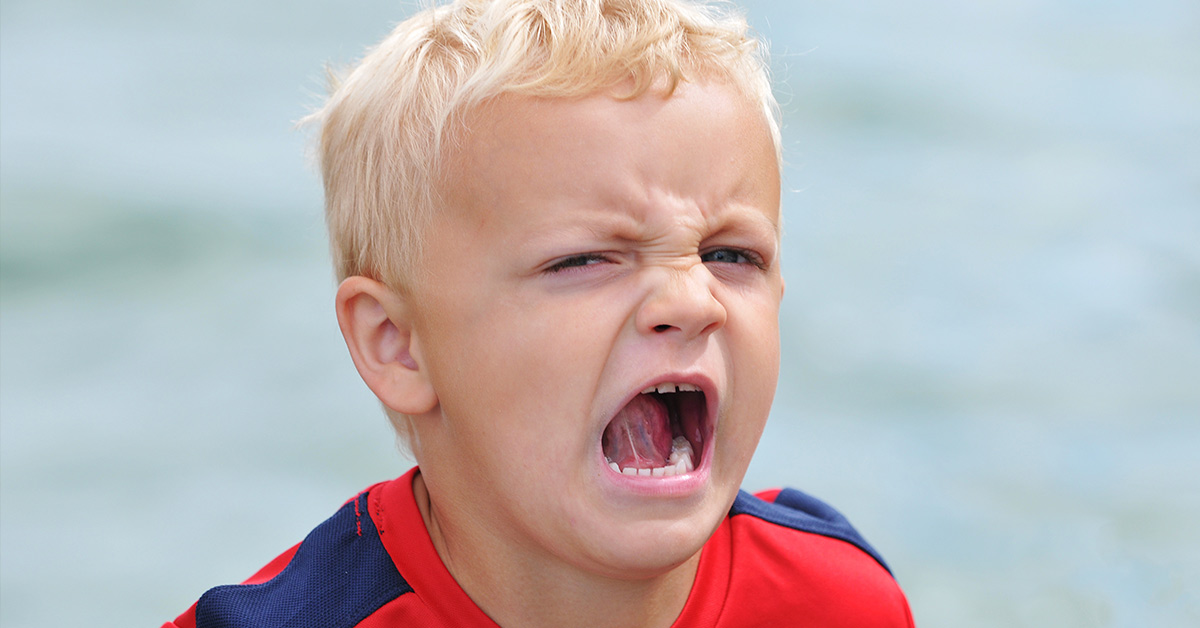The idea of spanking kids as a form of punishment has been up for debate for many years now. Though there are still many people in the “I was spanked as a child and I’m fine” camp, the research shows that corporal punishment is has less than ideal outcomes for children. Not only has spanking shown to change how a child’s brain develops, but new research shows that it might actually make their behavior worse over time.
Spanking Kids Makes Their Behavior Worse
Like it or not, spanking kids is a form of corporal punishment. Around the world, physical forms of punishment like spanking are being viewed as violence that is harmful to children – physically, mentally, and emotionally. A group of researchers recently published a paper in The Lancet on this topic. They reviewed 69 studies completed from Turkey, Switzerland, Greece, Japan, Colombia, Canada, The UK, China, and the United States, all of which generally found negative outcomes from spanking. The most universal of these is that spanking kids generally makes them behave worse, not better. (1)
Behavioral problems that the researchers found include:
- Aggression
- Disruptive behavior
- Antisocial behavior
As much as some people would like to be, the overwhelming trend is that spanking does not lead to positive outcomes over time.
The Seven Key Themes Of Their Review
In their study, the researchers highlighted their seven key findings:
- Spanking kids consistently predicts increases in child behaviour problems over time.
- It is not associated with positive outcomes over time.
- Physical punishment increases the risk of involvement with child protective services.
- The only evidence of children eliciting physical punishment is for externalising behaviour.
- Physical punishment predicts worsening behaviour over time in quasi-experimental studies.
- Associations between physical punishment and detrimental child outcomes are robust across child and parent characteristics.
- There is some evidence of a dose–response relationship.
“The consistency of these findings indicates that physical punishment is harmful to children and that policy remedies are warranted.” they wrote in the study.
Any Kind Of Physical Violence In The Home Is Damaging
When punishing your children, you always need to think of what you are trying to teach. This includes what the punishment is teaching. Spanking kids teaches that physical violence is the reaction when you are angry or upset with someone. What’s more, violence (in this case, spanking, undermines a child’s sense of self-worth and invades their bodily autonomy.
“Beyond the unnecessary hurt and pain it causes, violence undermines children’s sense of self-worth and hinders their development.” UNICEF writes on their website on the topic. (2)
Thankfully, the prevalence of spanking is decreasing worldwide, as more and more parents are learning that this is not an effective way to punish their children. A study done in 2020 found that in 1993, about 50% of parents spanked their children. By 2017, that percentage dropped to 35%. (3)
Spanking Kids Is Still Too Common
Still, spanking is practiced by many people around the world. While not everyone who is spanked grows into a traumatized adult, it can’t be denied that there are negative outcomes. One study found that children who are spanked have a more fearful response to “angry” looking faces than those who weren’t. These children have an increased perception of threats and are more likely to believe one is there that doesn’t actually exist. (4) In fact, another study showed that spanking can even elicit the same effects on the brain as more severe forms of violence. (5)
Of course, how you choose to discipline your children is up to you. That being said, the science overwhelmingly shows that spanking is not only not effective, but it can also be highly damaging. Turn to more productive and less harmful methods instead.
Sources
- “Physical punishment and child outcomes: a narrative review of prospective studies.” The Lancet. Anja Heilmann, PhD., et al. June 28, 2021.
- “A Familiar Face.” Unicef. November 2017.
- “Prevalence of Spanking in US National Samples of 35-Year-Old Parents From 1993 to 2017.” JAMA Network. Christopher J. Mehus, PhD, et al. July 27, 2020.
- ” Corporal Punishment and Elevated Neural Response to Threat in Children.” SRCD. Jorge Cuartas, et al. April 2021.
- ” Spanking may affect the brain development of a child.” Science Daily. April 12, 2021.

